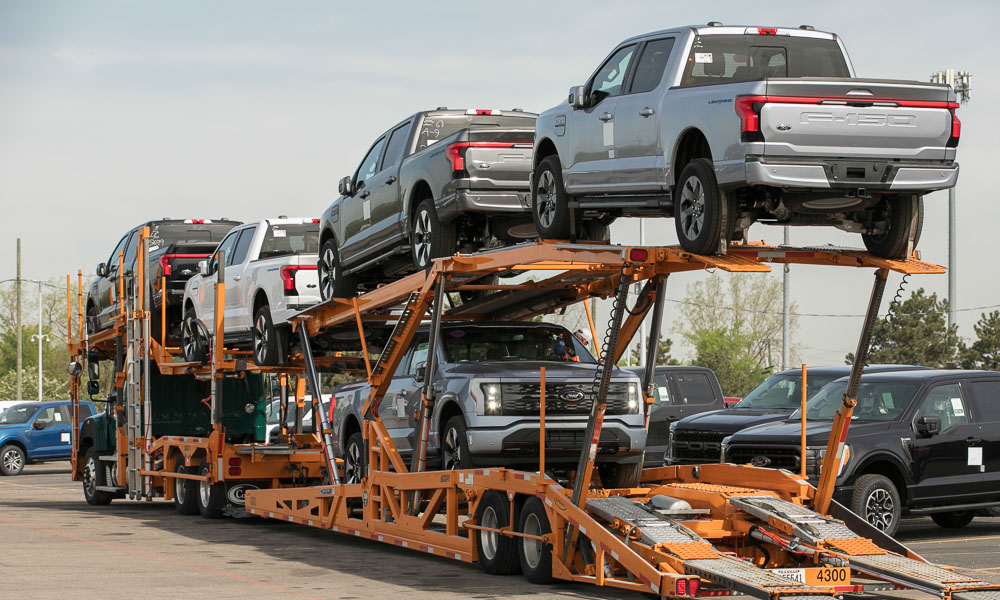
In the Philippines, most of us have little to no faith in electrified vehicles. With frequent flooding and the lack of infrastructure and government support, it’s easy to understand why. Although initiatives have been started lately (much from the private sector), we’re lagging behind when it comes to EV adoption.
But in countries like the United States, citizens have been slowly embracing electrification. One proof is the great sales of EVs there. And things could only be better from here. California, one of the states with the strictest emission standards, is moving to permanently ban the sale of gasoline-only vehicles by 2035.
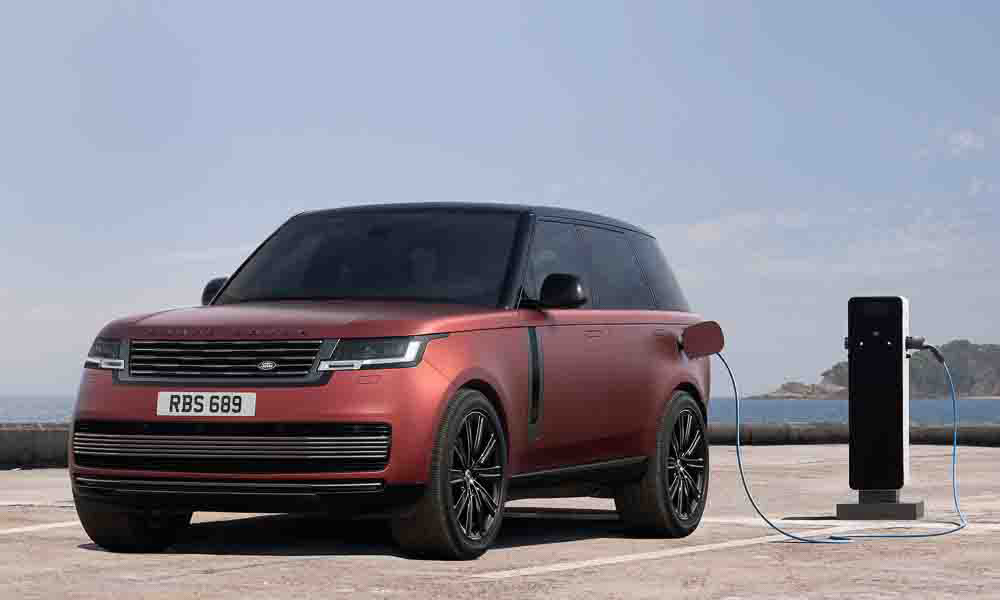
The California Air Resources Board voted in approving the phaseout of vehicles propelled only by an internal-combustion engine by 2035. The state plans to do this in phases. Beginning in 2026, at least 35% of all-new cars, SUVs and small pickups to be sold should be zero-emission vehicles.
The quota will eventually go up to 51% in 2028, 68% by 2030, and 100% in 2035. To make the transition easier, up to 20% of new vehicles allowed to be sold during this period will be plug-in hybrids. Also, owners of used vehicles will be allowed to use them on California roads until 2026.
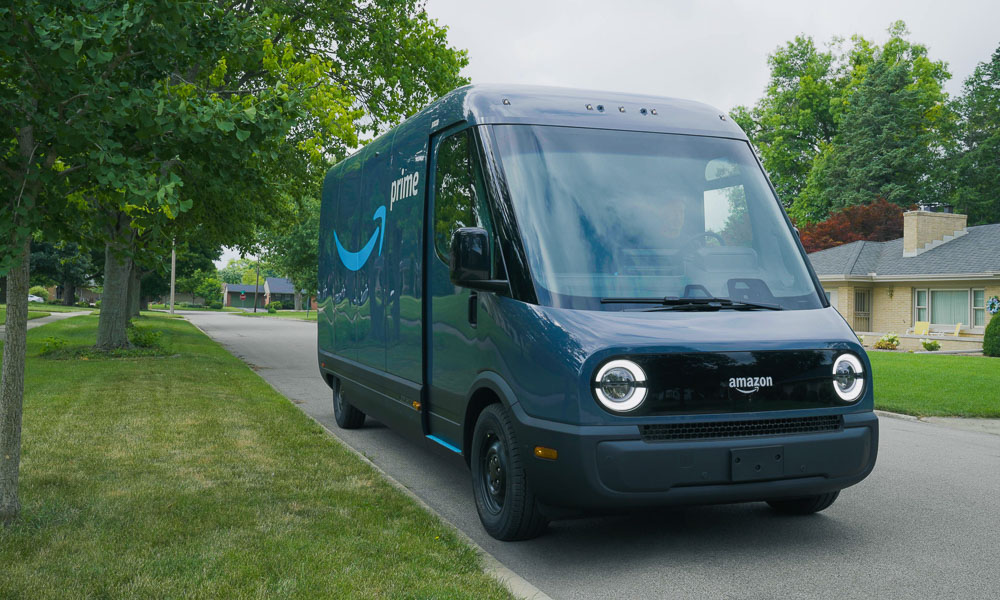
While California is just one of the 50 US states, this new measure will surely have a rippling effect as others plan to adopt the regulation in their territories.
Some 15 others have already shown their intention to craft a similar rule, including Minnesota and Colorado. New York, Oregon, Rhode Island, and Washington are also thinking about following suit. Maryland and New Jersey, on the other hand, are already studying this decision.
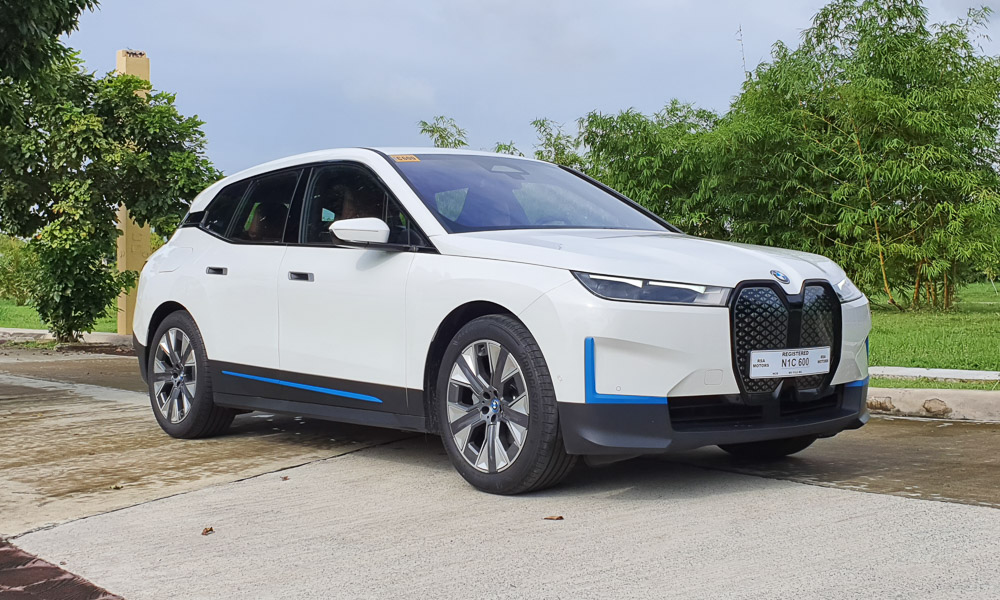
With a lot of automakers making that shift to electrification, such a move can help expedite that transition. This may also give birth to many new manufacturers and EVs, given the size of the US as a car market. Its effects reach far beyond the US borders as this could help democratize EVs for a lot of markets, including ours.


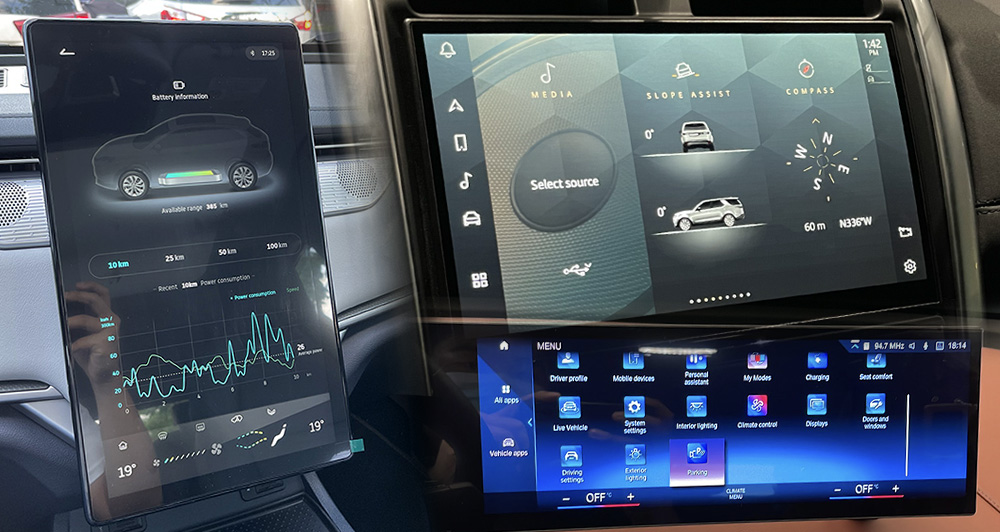
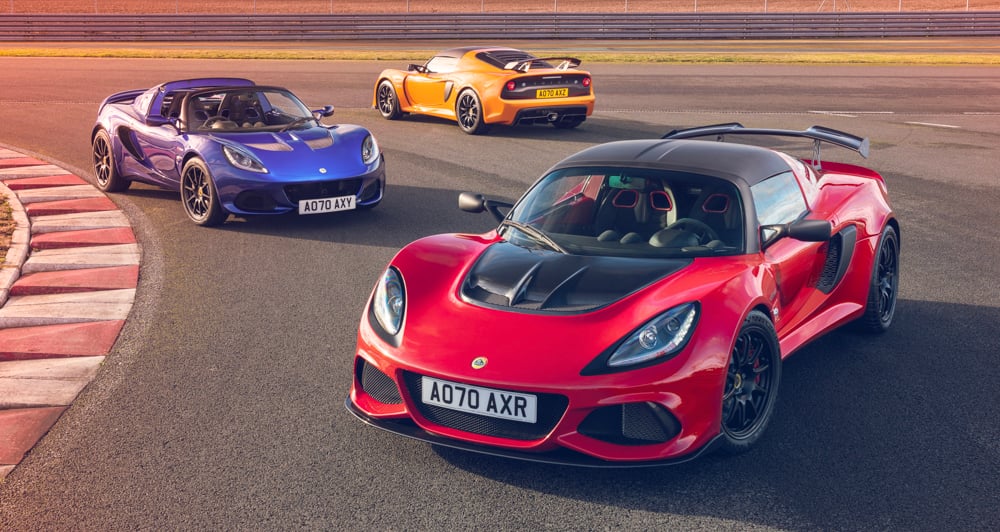
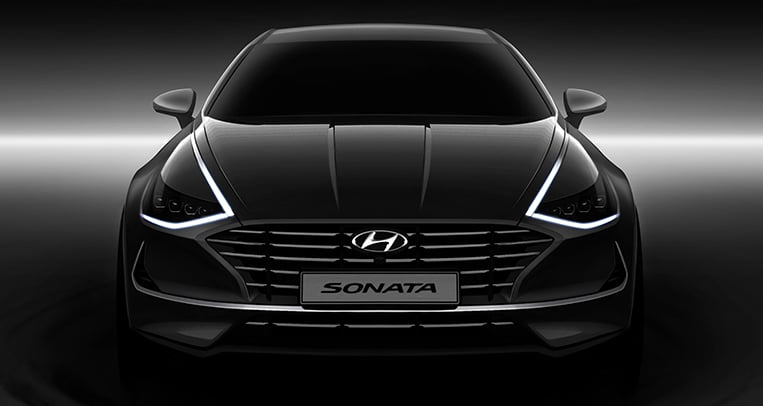
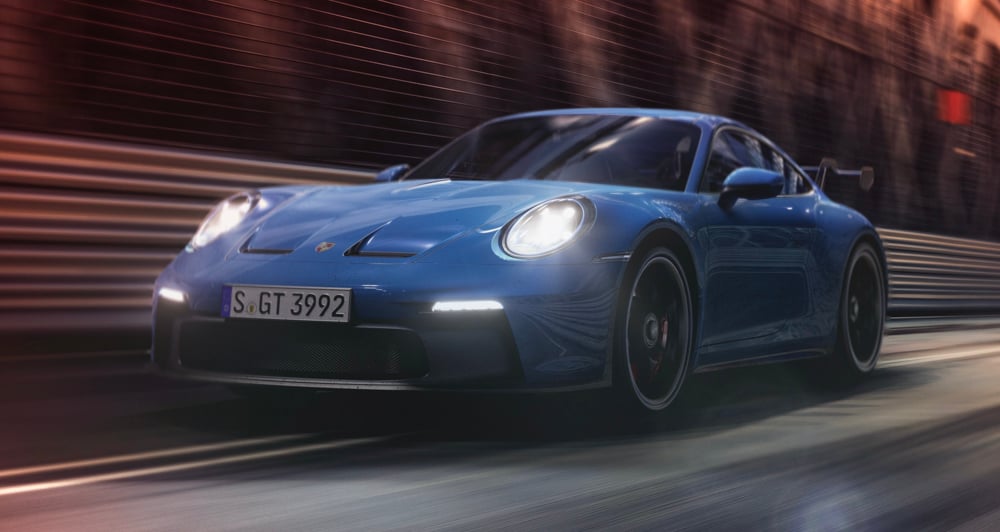

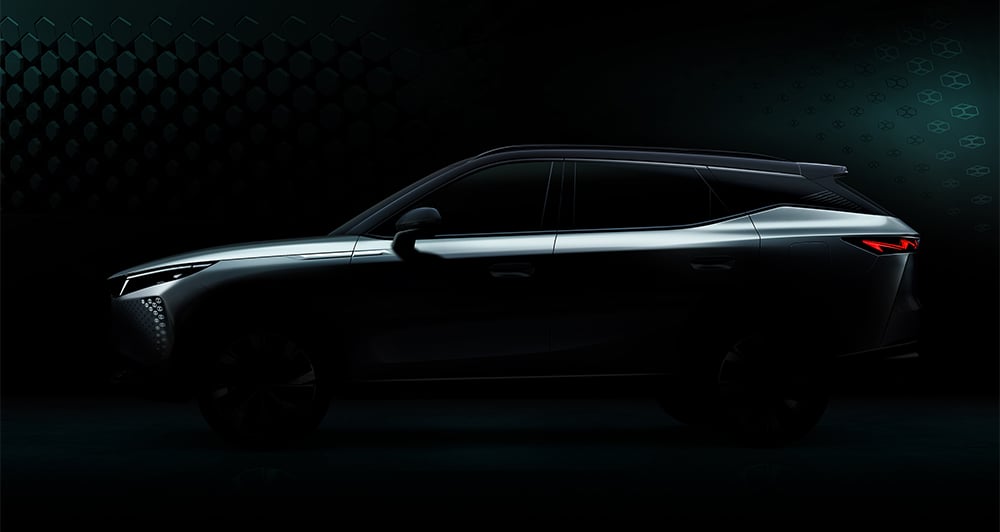
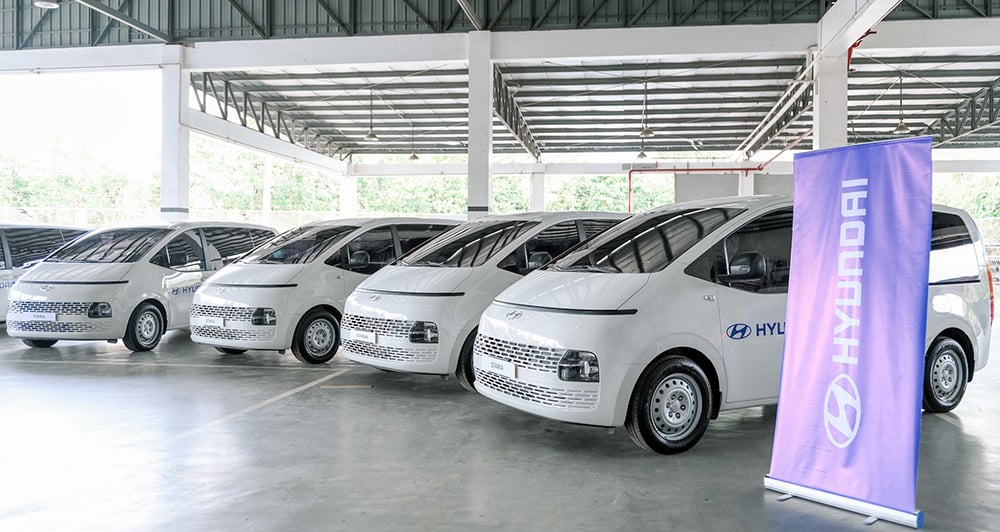
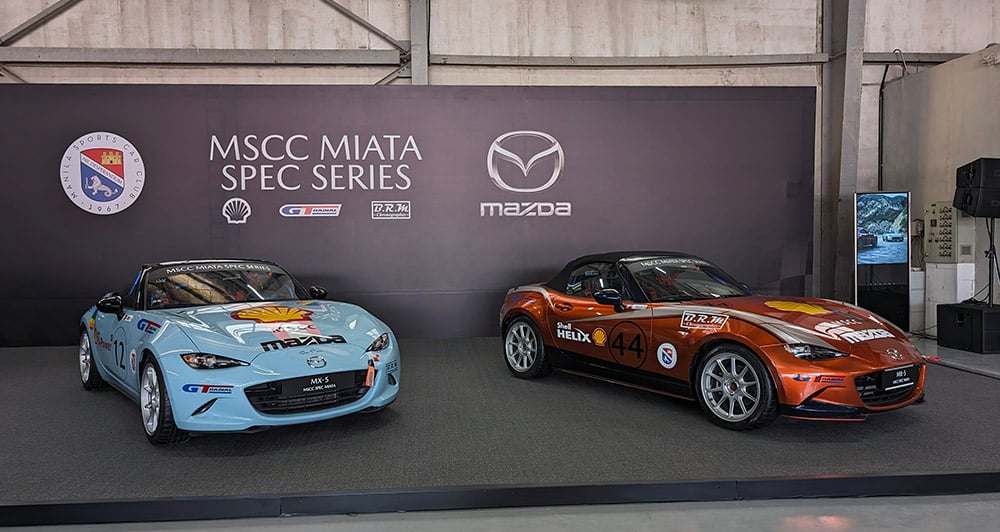
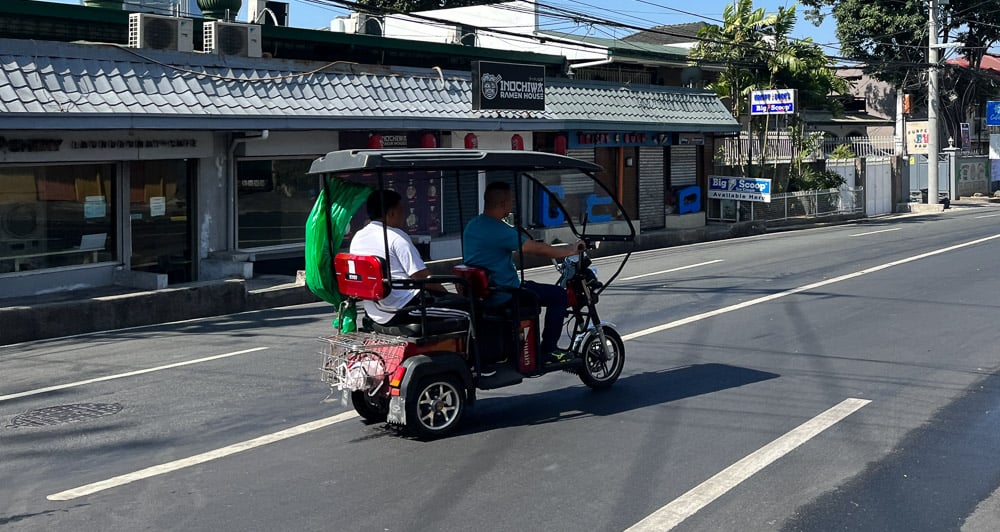
Comments